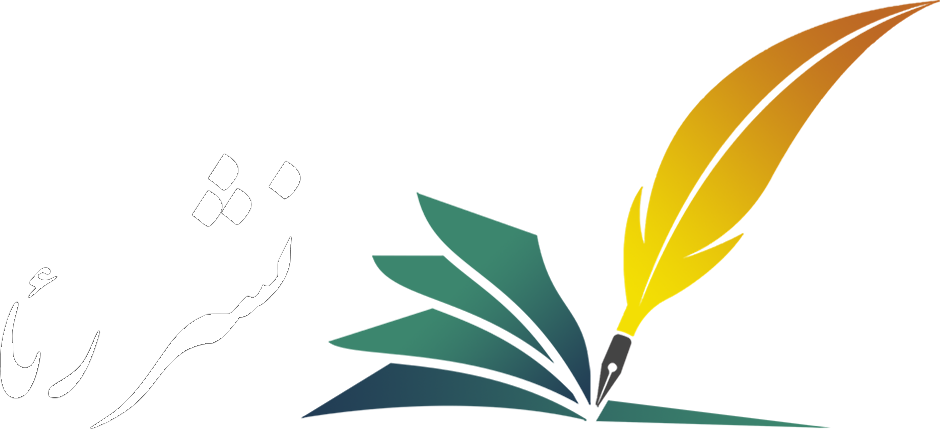کاربرد مدل برنامهریزی خطی در بهینهسازی برنامه تولید محصولات شرکت پتروشیمی تبریز
چکیده
هدف: هدف این پژوهش ارایه و بهکارگیری مدل برنامهریزی خطی برای بهینهسازی برنامه تولید در شرکت پتروشیمی تبریز است. با توجه به پیچیدگی فرایندهای تولید، هزینههای بالا و محدودیت منابع، لزوم طراحی مدلی جهت تصمیمگیری هوشمندانه برای کاهش هزینهها و افزایش سودآوری احساس میشود.
روششناسی پژوهش: در این تحقیق با استفاده از دادههای واقعی تولید شرکت و بهرهگیری از مدل برنامهریزی خطی، تابع هدف حداکثرسازی سود خالص با درنظرگرفتن محدودیتهای تامین خوراک، ظرفیت تولید، و تقاضای بازار تدوین شد. مدل با زبان برنامهنویسی MATLAB حل گردید و تحلیل حساسیت جهت بررسی پایداری مدل در شرایط مختلف قیمتی انجام شد.
یافتهها: نتایج نشان داد که مدل پیشنهادی توانست با تغییر ترکیب تولید واحدها و کاهش تولید برخی محصولات کمسود، میزان سود کل شرکت را تا بیش از %۶۰ نسبت به حالت تولید در ظرفیت کامل افزایش دهد. همچنین مشخص شد تولید در ظرفیت %۱۰۰ الزاما به معنای بیشینهسازی سود نیست، بلکه ترکیب بهینه تولید اهمیت بیشتری دارد.
اصالت/ارزش افزوده علمی: این پژوهش با تلفیق اصول برنامهریزی خطی و تحلیل حساسیت، مدلی کاربردی برای تصمیمگیری در محیطهای تولیدی پیچیده ارایه میدهد. مدل پیشنهادی میتواند بهعنوان الگویی عملی در صنایع پتروشیمی و سایر واحدهای تولیدی برای بهینهسازی ترکیب تولید و کاهش هزینهها بهکار رود.
کلمات کلیدی:
برنامهریزی خطی، بهینهسازی تولید، پتروشیمی تبریز، تصمیمگیری، تحلیل حساسیتمراجع
- [1] Ahmadiazar, M., Dorri, B., Alam Tabriz, A., & Kassai, M. (2020). A Multi-Period Robust Optimization Model for Integrated Planning of Decisions in the Petrochemical Products’ Supply Chain. Quarterly energy economics review, 15(63), 173–207. https://doi.org/10.21203/rs.3.rs-3193194/v2
- [2] Nipna. (2016). Examining the position of Iran’s petrochemical industry in the North and the world. (In Persian) https://www.nipna.ir/fa/newsagency/10350/
- [3] Yu, W., & Morales, A. (2004). Gasoline blending system modelling via static and dynamic neural networks. International journal of modelling and simulation, 24(3), 151–160. https://doi.org/10.1080/02286203.2004.11442299
- [4] Affection, T., Hamidreza, A., & Hassan, B. M. (2020). Using operations research planning models to determine the optimal level of crude oil and rich gas production in Iranian oil and gas industry projects (Case study: South Pars Gas field phases 17 and 18 project). (In Persian) https://www.sid.ir/paper/99606/fa
- [5] Azadeh, A., Shafiee, F., Yazdanparast, R., Heydari, J., & Keshvarparast, A. (2017). Optimum integrated design of crude oil supply chain by a unique mixed integer nonlinear programming model. Industrial & engineering chemistry research, 56(19), 5734–5746. https://www.academia.edu/download/91384365/oscswEi09Nv.pdf
- [6] Favennec, J. P. (2001). Refinery operation and management. Editions technip. https://www.amazon.co.jp/-/en/Jean-pierre-Favennec/dp/2710808013
- [7] Amadeh, H., Ghasemi, A., Mirzaei, H., & Bakhtiari, H. (2022). Value chain analysis of petrochemical products and providing an optimized pattern of petrochemical production: application of fuzzy multi-object linear planning for producing petrochemical products. Iranian energy economics, 12(45), 41–69. https://doi.org/10.1021/ACS.IECR.6B02460
- [8] Mohammadreza, J. N., & Reza, D. (2009). Application of linear programming model in the gasoline blending process produced by Tehran refinery. Application of the linear programming model, 60, 67-83. (In Persian). https://www.sid.ir/fa/VEWSSID/J_pdf/45013886006.pdf
- [9] Sales, L., Luna, F. M., & Prata, B. (2016). An integrated optimization and simulation model for refinery planning Including external loads and product evaluation. Brazilian journal of chemical engineering, 35. https://doi.org/10.1590/0104-6632.20180351s20160124
- [10] Wu, Y., & Zhang, N. (2010). Molecular management for refining operations [Thesis]. https://research.manchester.ac.uk/en/studentTheses/molecular-management-for-refining-operations/
- [11] O’Driscoll, P. J. (2016). A study in the financial valuation of a topping oil refinery [Thesis]. https://doi.org/10.18743/PUB.00040232





